El estigma de niños como brujos es un fenómeno reciente en la región del Delta del Níger, que súbitamente estalló en los 1990. Antes de eso, las ancianas eran los principales blancos de acusaciones de brujería. Para 2008, se calculaba que 15.000 niños habían sido catalogados como brujos en los estados de Akwa Ibom y de Ríos Cross en el sureste.
Según investigaciones de esa época, los casos que fueron documentados incluían niños y bebés a quienes se les perforó la cabeza con clavos, se forzó a beber cemento, fueron quemados con fuego y ácido, envenenados e incluso enterrados vivos.
Un informe separado de Unicef en 2010 muestra que son los niños más vulnerables, con discapacidades físicas o enfermedades como epilepsia, quienes son acusados.
El código criminal de Nigeria prohíbe acusar, o incluso amenazar con acusar a alguien de brujería. Y la Ley de Derechos de los Niños de 2003 establece que es delito someter a un niño a tortura física o emocional, o someterlos a tratamiento inhumano o degradante.
Sin embargo, aunque esta legislación fue puesta en práctica a nivel nacional, los 36 estados del país todavía tienen que ratificarla formalmente. Esto no sólo les otorga a los estados responsabilidad exclusiva, también les permite crear leyes relevantes a sus situaciones específicas.
Solo un 75% de los estados nigerianos han adaptado la Ley de Derechos de los Niños a sus necesidades locales y, hasta ahora, sólo el estado de Akwa Ibom ha incluido provisiones específicas relativas al abuso de supuestos niños brujos. Su ley de 2008 establece que estigmatizar es un delito que lleva a una condena de cárcel de hasta 10 años.
Y a pesar de los esfuerzos, el estado de Río Cross todavía tiene que enmendar su propia versión de la legislación de 2009 específicamente para prohibir el delito.
Pero a pesar de los intentos para criminalizarla, el estigma por brujería continúa practicándose frente a las narices de los gobiernos estatales y de la policía de Akwa Ibom y Río Cross.
Oliver Orok, ministro de Desarrollo Sostenible y Seguridad Social del gobierno de Río Cross le dijo a la BBC que el ministerio estaba «trabajando asiduamente para eliminar estas prácticas».
«El gobierno del estado junto con Unicef y otros socios organizó una cumbre para deliberar sobre una enmienda de la ley para que incluya, entre otras cosas, el asunto de estigmatizar a los niños como brujos y sus consecuencias», afirma Orok.
Según el ministro ha habido un aumento en el apoyo para tratar el asunto y se ha otorgado dinero para construir un hogar para niños en riesgo.
Agrega que cuando se le informa al gobierno sobre algún caso, éste «se moviliza contra esas iglesias y sus profetas».
El abogado James Ibor argumenta que la policía está mal financiada y no está equipada para llevar a cabo este tipo de investigaciones.
«A menudo tenemos que presionar para llevar a cabo investigaciones», afirma. Ibor, que dirige una organización local en Calabar llamada Iniciativa de Consejos de Derechos Básicos (BCRI), que se especializa en casos legales sobre abuso de derechos infantiles, también dirige el refugio de emergencia donde Comfort y sus hermanos están viviendo.
Me cuenta sobre dos niños que fueron envenenados por su padre, que crecía que eran brujos.
Se declaró culpable, pero no hubo recursos para enviar muestras de sangre a la capital, Lagos, para confirmar la causa de muerte de los niños.
Un año después sus cuerpos siguen en la morgue y el padre todavía debe ser juzgado.
Ibor afirma que los casos se postergan por años. Dice que su trabajo se dificulta por la renuencia de la policía y el gobierno para investigar asuntos controvertidos y por la falta de voluntad de familias y comunidades para presentar evidencia.
Agrega que un 25% de sus casos están vinculados a brujería.
Pero este fenómeno no sólo se restringe a las regiones más remotas de Nigeria.
Hace seis meses, los medios del país informaron de 40 niños que fueron rescatados de un «campamento de tortura» de un curandero en la capital de Abuja.
Y en mayo un niño fue golpeado gravemente por su madre con un látigo.
«Así que tenemos las leyes», dice Ibor. «El problema no son las leyes, el problema es implementar esas leyes, y hasta entonces nuestros niños no estarán seguros».
Y responsabiliza a algunos de los «profetas» y «pastores» por sembrar el miedo a través de la región del Delta del Níger, donde son extendidas tanto la pobreza como la creencia en brujería.
Un caso reciente involucró a un niño que fue golpeado cuando la motocicleta de la familia se descompuso. En otro caso, una niña fue acusada y azotada por su padre cuando éste perdió su empleo.
«Venden el miedo para seguir manteniendo a los miembros que continuamente pagan ofrendas y donaciones», dice Ibor.
«Es la única forma de seguir siendo relevante y seguir haciendo dinero».
El año pasado las Naciones Unidas (ONU) realizaron su primer seminario enfocado en brujería, tanto en Nigeria como otros países.
En su informe final indicaron que «el número exacto de víctimas de ese abuso es desconocido, y muchos piensan que no se reportan todos los casos».
La ONU también reconoció el rol que juegan los «empresarios supernaturales» en difundir y legitimar los temores relacionados a la brujería, y en particular, a los niños brujos.
Ebe Ukara, una funcionaria del Comité de Implementación de Derechos de los Niños en Akamkpa, dice que 60% de los casos de abuso infantil que llegan a su escritorio están relacionados a brujería, y por lo general son provocados por la declaración de un pastor.
Esos pastores, dice, pueden obtener una buena ganancia de la gente que acude a ellos pidiendo ayuda, aunque subraya que no todas las iglesias pentecostales embaucan a sus seguidores.
Pero para los «falsos profetas», los niños son blancos fáciles a quienes responsabilizar de la pobreza y las desgracias de familias y comunidades.
Bassey -un habitante local- recuerda el caso de dos niñas que fueron acusadas por un pastor hace dos años en la Iglesia del Divino Sion de Dios en la pequeña ciudad de Akpabuyo en el estado de Río Cross.
Una congregante embarazada se había pasado de su fecha de parto por varias semanas y las niñas, de 7 y 10 años, fueron responsabilizadas y catalogadas como brujas.
La mujer se acercó al pastor de su iglesia local y le pagó para una consulta. Aunque dio a luz con éxito poco después, el daño ya estaba hecho.
Una semana después, Bassey escuchó los gritos de las niñas cuando regresaba del campo. Estaban atadas a una palmera, y tres hombres las estaban golpeando con varas y machetes.
Fuente: http://www.el-nacional.com/noticias/bbc-mundo/los-ninos-acusados-brujeria-asesinato-nigeria_245363
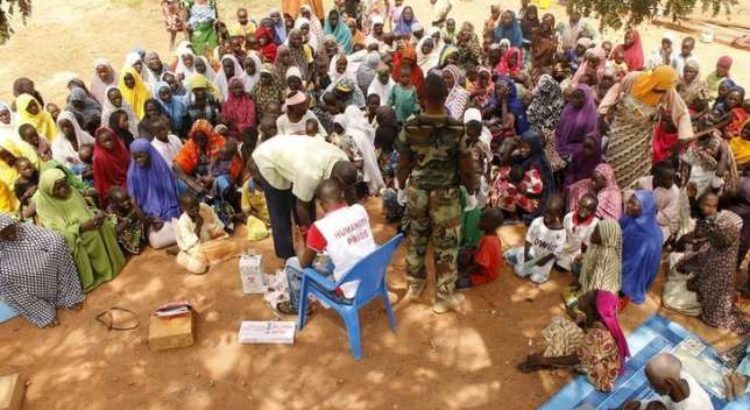
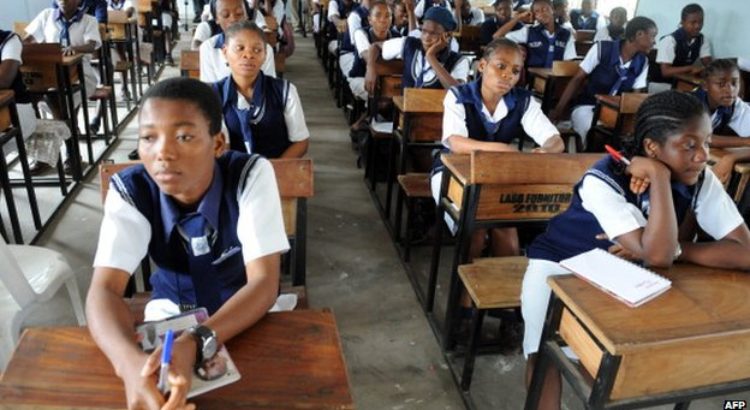
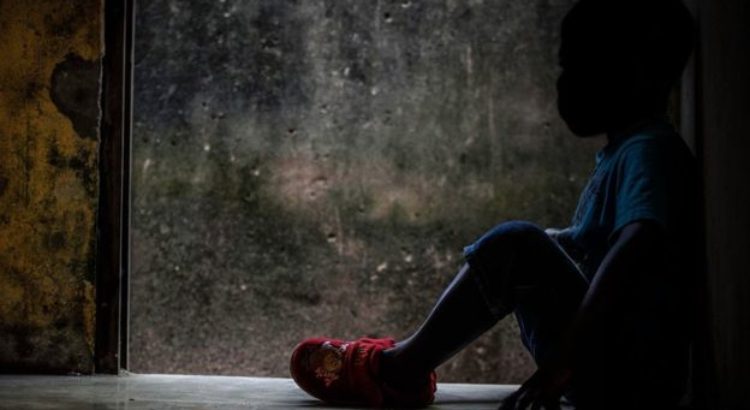
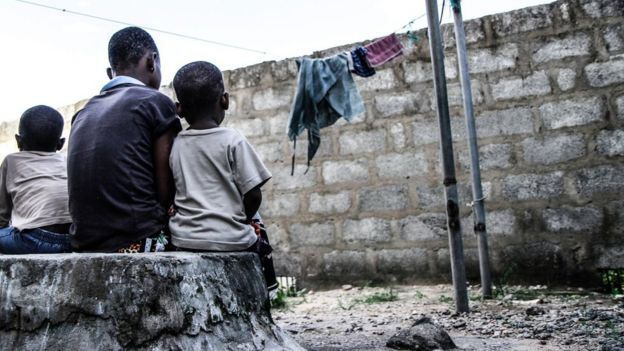
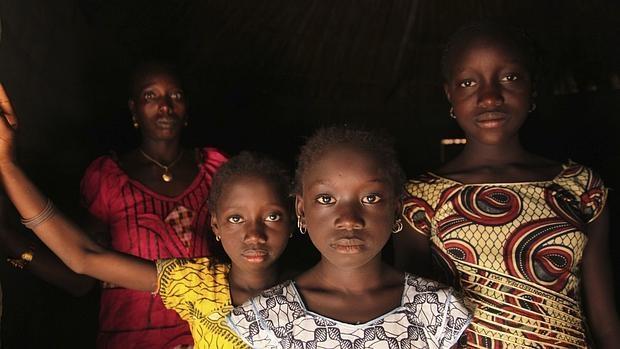
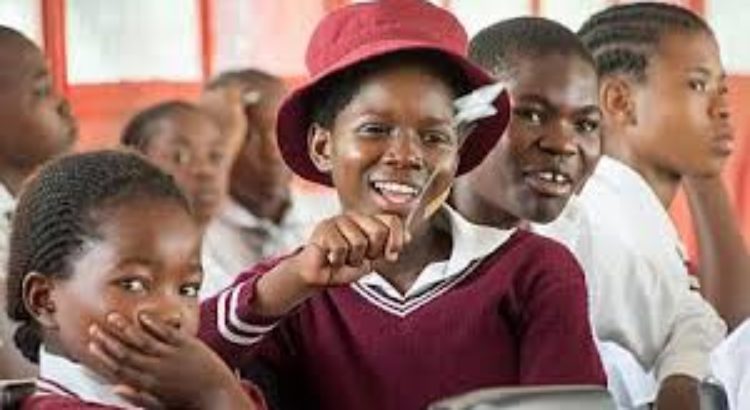
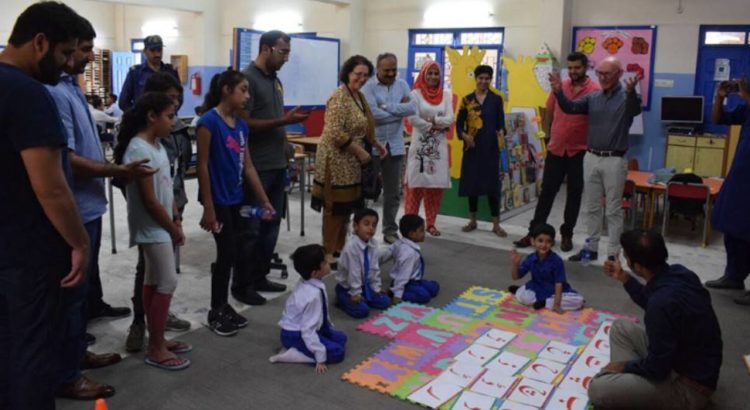







 Users Today : 72
Users Today : 72 Total Users : 35459978
Total Users : 35459978 Views Today : 96
Views Today : 96 Total views : 3418561
Total views : 3418561